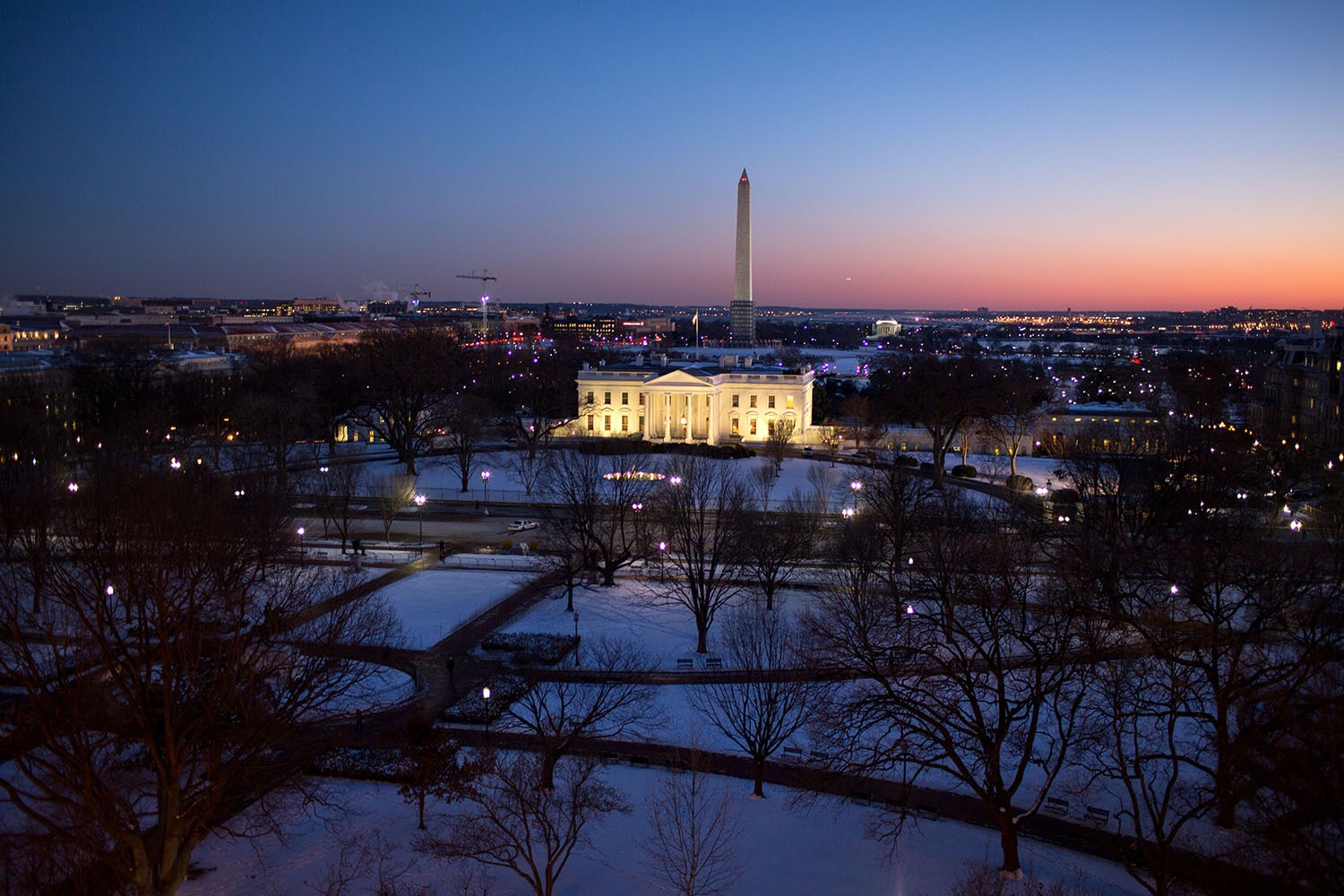Guest post by Jay Ulfelder.
Will President Trump drive the United States into authoritarian rule? Short of that unprecedented extreme, will he drag us back into a kind of illiberalism with which our country is more familiar—a time of diminished civil liberties and state-sanctioned racial and ethnic hierarchy?
I don’t know. These things still seem improbable to me, but so did Trump’s victories in the Republican primary and then the general election. A few days ago, I would have considered it sensible to translate my beliefs about these threats into probabilities. Now, that seems absurd—as absurd as having a man with Donald Trump’s personal history as our president-elect. We live in strange times, so we must recognize and prepare against all sorts of possibilities.
Here are a few things I do know.
First, over the past few decades, when democracies around the world have given way to authoritarian rule, elected officials have usually been the agents of that process. You don’t need a military coup or even the active support of the armed forces to tear down a democracy. All you need is control of legislative and executive authority and enough active or even just tacit support from police, military forces, the public, and maybe private militias to keep your path clear.
Second, the United States has a very long history of state-sanctioned racial and sexual hierarchy and violence. It is encoded in our national political DNA. Remember how our constitution sanctioned slavery and denied women the rights to vote and hold office? And, as the Black Lives Matter movement reminds us, this legacy persists, even under a black president.
Last and most alarming, Donald Trump has sounded like a bigot and chauvinist who wants to diminish our civil liberties. During his campaign, Trump frequently vilified the press as “dishonest” and “scum,” and he repeatedly threatened to sue journalists and outlets whose reporting upset him. He proposed a values test for Muslims entering the United States and he called for registration of all Muslims already in the country. In August, Trump handed leadership of his presidential campaign to the chairman of a web site that serves as a platform for racist, anti-Muslim, and anti-immigrant ideas. The Ku Klux Klan applauded Trump’s campaign and celebrated his election.
Turkey’s recent history shows how a democratically elected government can carry a relatively wealthy country into authoritarian rule, even in the face of large and well-organized political opposition and a military establishment that does not support the authoritarian project, at least not initially. Turkey’s slide back into autocracy began long before this year’s failed coup attempt, and it’s still not clear if Erdogan had that end in mind when he became prime minister in 2003. What is clear is that he and his compatriots pursued an incremental approach that made it difficult for opponents to mobilize opposition in response to any one step, even as the longer trajectory kept bending in the same downward direction.
In the United States, it matters that Trump’s party controls both houses of Congress and is likely to have a sympathetic majority on the Supreme Court soon. It matters that Republicans hold more governorships than Democrats and control most state houses. I believe that most Republican elected officials aren’t bigots, and most would probably tell you that they see the defense of freedom as their guiding purpose. And yet, many of those same officials endorsed or just fell in behind the president-elect as he advocated illiberalism and espoused hatred. As a public official, you don’t have to be a booster to make authoritarianism possible; you just have to go along or get out of the way.
So, once we acknowledge that it could happen here, what can we do to prevent it?
First, I think we need to be quick, loud, and generous in our support for public officials who push back against illiberal and chauvinistic tendencies, regardless of their party affiliation. We want to encourage caucuses that support civil liberties and tolerance at all levels of government. This is our first and most powerful line of defense against the diminution of democracy from within.
Second, we should boost our support for established non-governmental organizations committed to defending and advancing those same values. Size and experience are powerful assets in this fight.
Third, I hope we will engage in public demonstrations of support for those values, as many are already doing. When we do, it is important that our actions align with our words. Nonviolent affirmations of liberalism and tolerance make our intentions clear. In contrast, overt hostility and attacks on property risk tipping bystanders against the cause, herding them toward self-proclaimed defenders of order.
Fourth, we should prepare to engage in civil disobedience if and when the state starts to curtail our civil liberties or threaten our fellow citizens.
Last, I imagine that some groups will want to take other steps to prepare to defend themselves against the acceleration in physical attacks that could come. I can’t claim to know that situation, but I can sympathize with it. For better and for worse, American civil liberties are values-blind. We live in a society that tolerates the overt organization of armed groups committed to fighting the state and hurting other people. In some places, the lines between those groups and the state blur. Under those conditions, it seems sensible to prepare against the worst.
Jay Ulfelder is a freelance political scientist who used to blog as the Dart-Throwing Chimp.







6 comments
Erdogan became Prime Minister in 2003. Details. Great post!
During the campaign it was Clinton and Sanders supporters who forcibly tried to interrupt Trump rallies; I know of no example of the reverse happening. It is Clinton supporters who are out in the streets now, some protesting violently.
On the authoritarian front it was a Democrat administration that used the IRS to persecute its opponents. It was the Democratic presidential candidate who wanted the First Amendment changed so that her opponents could not criticize her. It was Democrat prosecutors in Wisconsin who authorized dawn raids on their political opponents until the courts intervened to stop this outrage. It was a Democrat AG in California, who sought to force non-profits she disagreed with politically to divulge contributors so they could be intimidated, another effort stopped by the courts which found it outrageous. It’s our Progressive educational establishment in which non-Progressives are being increasingly prevented from speaking.
I am not a Trump supporter. I think both major party candidates were a disgrace. But the lack of self-awareness by Progressives about where repression and assaults on speech and dissent in this country are coming from is simply astounding and it’s one of the contributing factors to Trump’s election.